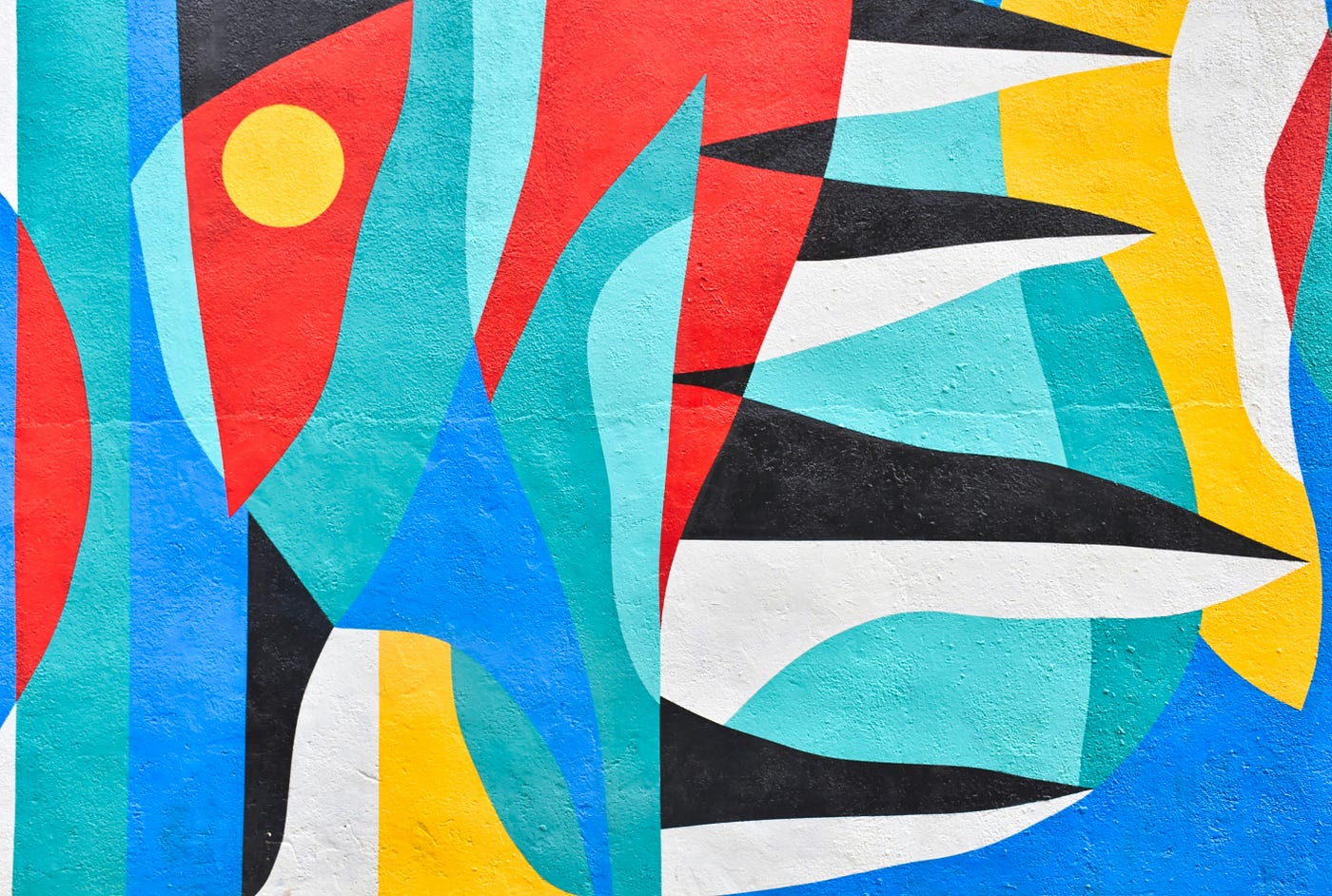Google Launches Tool That Detects Deepfakes and Other News

The generative-AI race is on between the US and China. Not content with political and war wrestling, the fight is now artificial. Well, AI-generated chatbots that is. OpenAI’s ChatGPT has taken the world by storm and now the Chinese equivalent comes from the Ernie Bot, created by government-approved Baidu. It was downloaded 1 million times 19 hours into its launch. Let the games begin.
Google Launches Tool That Detects Deepfakes
Google Deep Mind announced a beta version of SynthID, a tool that will identify and watermark AI-generated images. SynthID will embed a digital watermark directly into the pixels of a photo image that can not be seen by the human eye but will be identified with the software. Deepfake images have flooded the internet and are a serious concern for maintaining truth in journalism, and are created by cyber criminals in identity theft and porn. Adobe recently released its August 2023 statistics on the number of AI-generated images created by Firefly, with one billion images created since its launch in March 2023.
Chinese Chatbot Baidu Launch to Rival ChatGPT
Baidu is the first Chinese company to release its large language model to the public after securing regulatory approval from the Chinese government. The Ernie Bot rivals ChatGPT and was downloaded more than 1 million times in the first 19 hours since launch. Baidu joins several Chinese companies that launched AI chatbots, including AI startups MiniMax, Zhipu AI, and Baichuan Intelligent Technology. Big players like Alibaba and iFlytek are still waiting on approval.
American Workers Exposed to AI in Their Jobs
According to a Pew Research study, a fifth of all US workers have high AI exposure jobs, including women, college-educated, and Asian workers. Last year, 19% of American workers were in jobs most exposed to AI or jobs that were assisted or replaced by AI. Almost one-quarter of American workers have jobs with the least exposure to AI. Jobs with the most exposure tend to be higher-paying and require a college education.
ChatGPT Launches Canva Plugin for Seamless Workflow
OpenAI released its Canva plugin for ChatGPT to provide businesses and entrepreneurs with a simpler process for creating visuals, logos, and banners. The integration is exclusive to ChatGPT Plus subscribers which grants access to the Canva plugin. OpenAI’s new integrations come as a response to growing competition from big players like Claude AI and Google’s Bard, which will also create its own plugin system.
SAG-AFTRA Proposes Strike Against Video Game Industry
The SAG-AFTRA guild’s national board has voted to send a strike authorization vote to members who will get to vote between September 5 and September 25. The Hollywood writers and actors guild has been on strike against film and scripted TV production since July 14. Discussions around AI work practices will open up a fiery debate that has affected Hollywood content production. The last strike against the gaming companies was in 2016–17 and lasted 183 days.
British Officials Warn of AI Chatbot Cyber Risks
Britain’s National Cyber Security Centre is warning organizations about integrating AI-driven chatbots into their businesses. In blogs posted by the Centre, they state that expert research has shown that chatbots can be tricked into performing harmful tasks. Potential security problems arise from using large language models that can replicate human voices or give the impression that the chatbot is a real customer service person. Researchers have found ways to fool chatbots by feeding them rogue commands.
Venice Immersive Art Installation Brings AI Dreams to Life
The immersive art installation from artists Matthew Niederhauser and Marc Da Coster uses open-source AI to recreate users’ dreams and memories through virtual reality. Tulpamancer is showing at the Venice Immersive event in the film festival’s VR section. Open AI and StableDiffusion recreate dreams and memories in a guided two-step journey that is reproduced through virtual reality. The artists hope that their installation will add to the ongoing debate about AI and art and the construction of personalized narratives.
AI Photography Used to Recreate Argentina’s Lost Children
Generative AI platform Midjourney reimagines children as adults from photographs supplied by the missing children’s families. Publicist Santiago Barros combined photos of the disappeared mothers and fathers from The Grandmothers of the Plaza de Mayo public archives of the lost children to create portraits of how the children would look like today as adults. The app creates two female and two male recreations and Barros chooses the most realistic image by gender. During Argentina’s dictatorship between 1976 and 1983, an estimated 500 children were taken from their parents and never seen again. The AI photo recreations are not intended to replace DNA testing, which is still ongoing. The Grandmothers group has located 133 kidnapped children since testing began in 1987.
Ginger Liu is the founder of Hollywood’s Ginger Media & Entertainment, a Ph.D. Researcher in artificial intelligence and visual arts media — specifically grief tech, digital afterlife, AI, death and mourning practices, AI and photography, biometrics, security, and policy, and an author, writer, artist photographer, and filmmaker. Listen to the Podcast — The Digital Afterlife of Grief.





